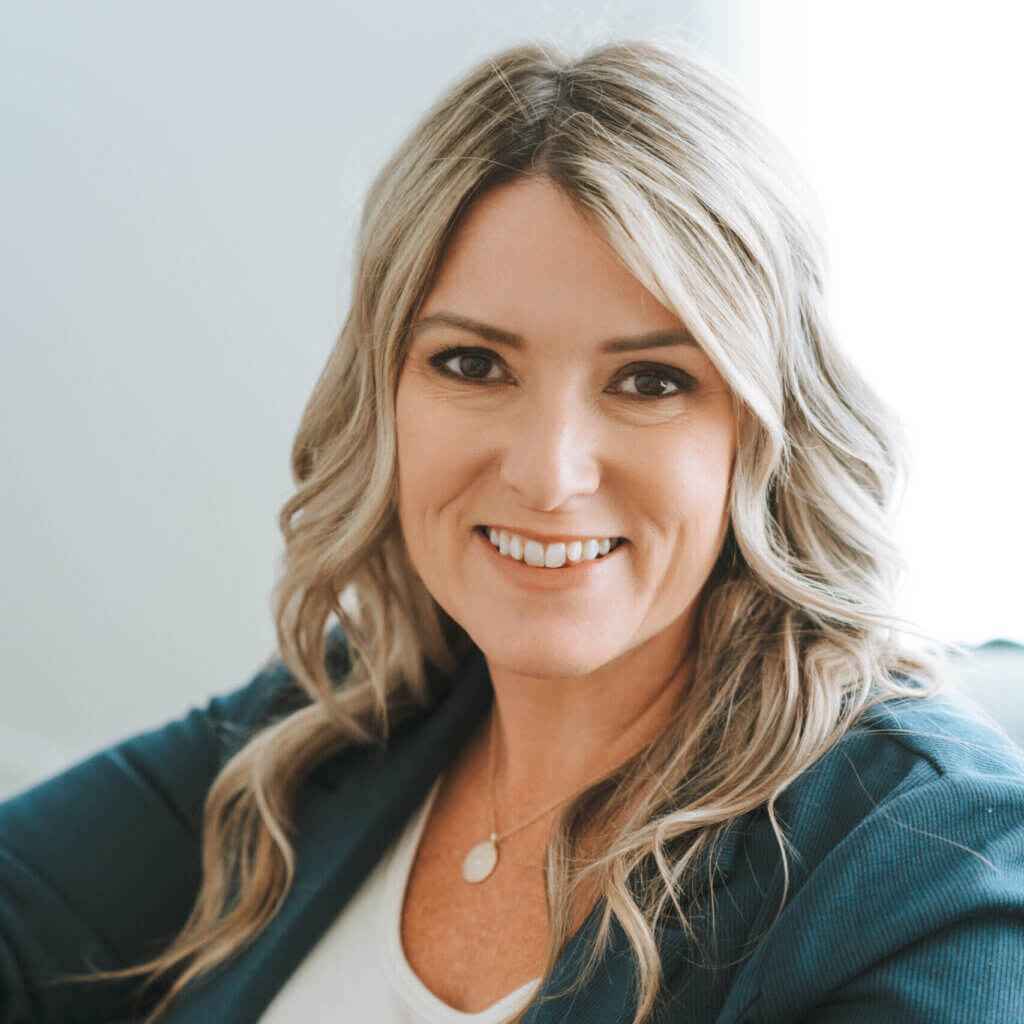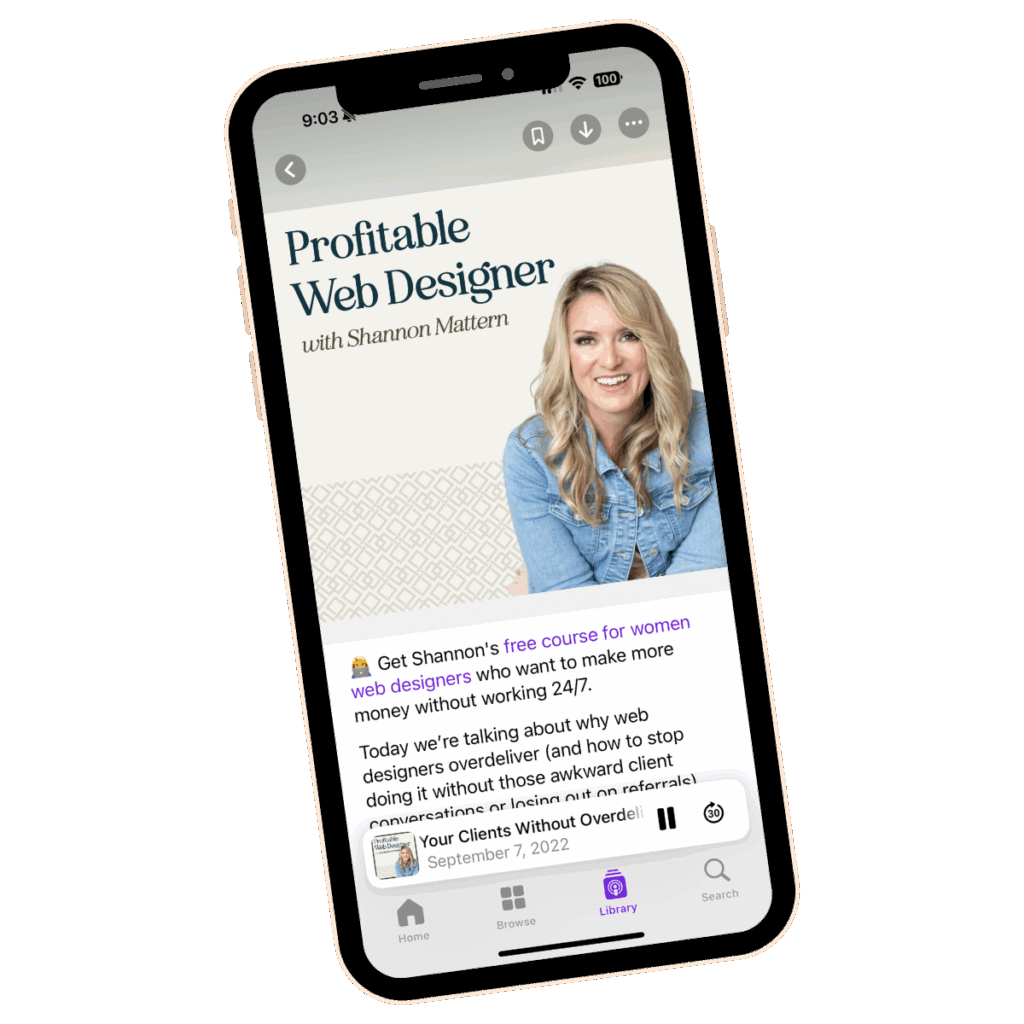If you’re like most web designers, the words “website policies” probably make your eyes glaze over. Privacy policies, cookie policies, disclaimers—they’re the topics everyone hopes they never have to think about. But here’s the truth: they’re not just legal boilerplate. They’re part of protecting your clients, protecting your business, and even creating new revenue opportunities.
In this conversation with Hans Skillrud, co-founder of Termageddon, we dig into why embracing the conversation about website policies can build trust with your clients and set you apart from the average “just build the site” designer. Hans knows this world inside and out—not only because he ran a 12-person web design agency in Chicago for seven years, but also because he partnered with a privacy attorney (who happens to be his wife) to create a tool that keeps websites compliant as privacy laws change.
Like a lot of agency owners, Hans used to copy and paste privacy policies from other sites when clients asked—just to get the project done. Then GDPR came along, followed by a wave of new US privacy laws, and he realized how risky that was. Clients often assume they’re too small to need compliance, but privacy laws aren’t based on business size—they’re based on where your visitors are located and what data you collect. Even a simple contact form can trigger legal requirements.
Termageddon solves that problem by helping agencies generate customized policies based on the laws that apply to their clients, embedding them on the site, and automatically updating them when laws change. Agencies get a free license for life, and they can resell or include additional licenses in client projects—creating both a value-add and a recurring revenue stream.
But what really stood out in this conversation was how website policies are just one example of stepping into a trusted partner role with your clients. It’s about knowing where your responsibility ends, where theirs begins, and having the confidence to guide them through those gray areas instead of avoiding them. That confidence builds trust, keeps clients coming back, and makes them far more likely to refer you to others.
Hans also shared stories from his early agency days—how he got his first clients by literally picking up the phone and calling local businesses, how he learned on the job (and charged for it), and how saying no to certain types of work allowed his agency to grow. We talked about the importance of letting go of control, empowering your team, and setting boundaries with clients to keep your business profitable and scalable.
Here are a few big takeaways from our conversation:
- Don’t wait for clients to find you—go out and create opportunities.
- Charge for what you’re figuring out. Clients pay for the outcome, not just your existing skillset.
- Set boundaries from day one and stick to them—scope creep is the biggest leak of time and money.
- You add massive value by being able to confidently talk about things like website policies, even if you’re not the one creating them.
- Empowering others—whether it’s your team or your clients—builds stronger relationships and better results.
The bottom line: avoiding conversations about website policies doesn’t make the liability go away—it just leaves you and your clients vulnerable. When you step into that gap with clear guidance and resources, you’re not just delivering a website—you’re delivering peace of mind, building trust, and creating more opportunities for your business.
Connect with Hans Skillrud:
- Hans's Website: https://termageddon.com/
- Twitter: https://twitter.com/termageddon
How to get two free Termageddon Licenses for your web design business:
To get two free licenses to use in your web design business, simply click here* and then click on Agency Partners – and mention “Shannon” in the “How did you hear about us?” When your application is approved, Hans will give you two free licenses! What a great guy!
*This is an affiliate link and I will receive a commission if you choose to make a purchase in the future!





